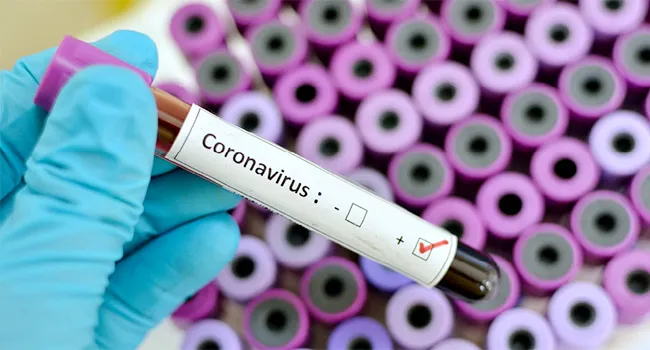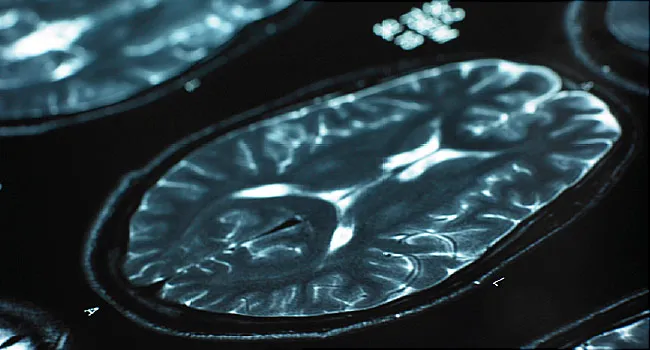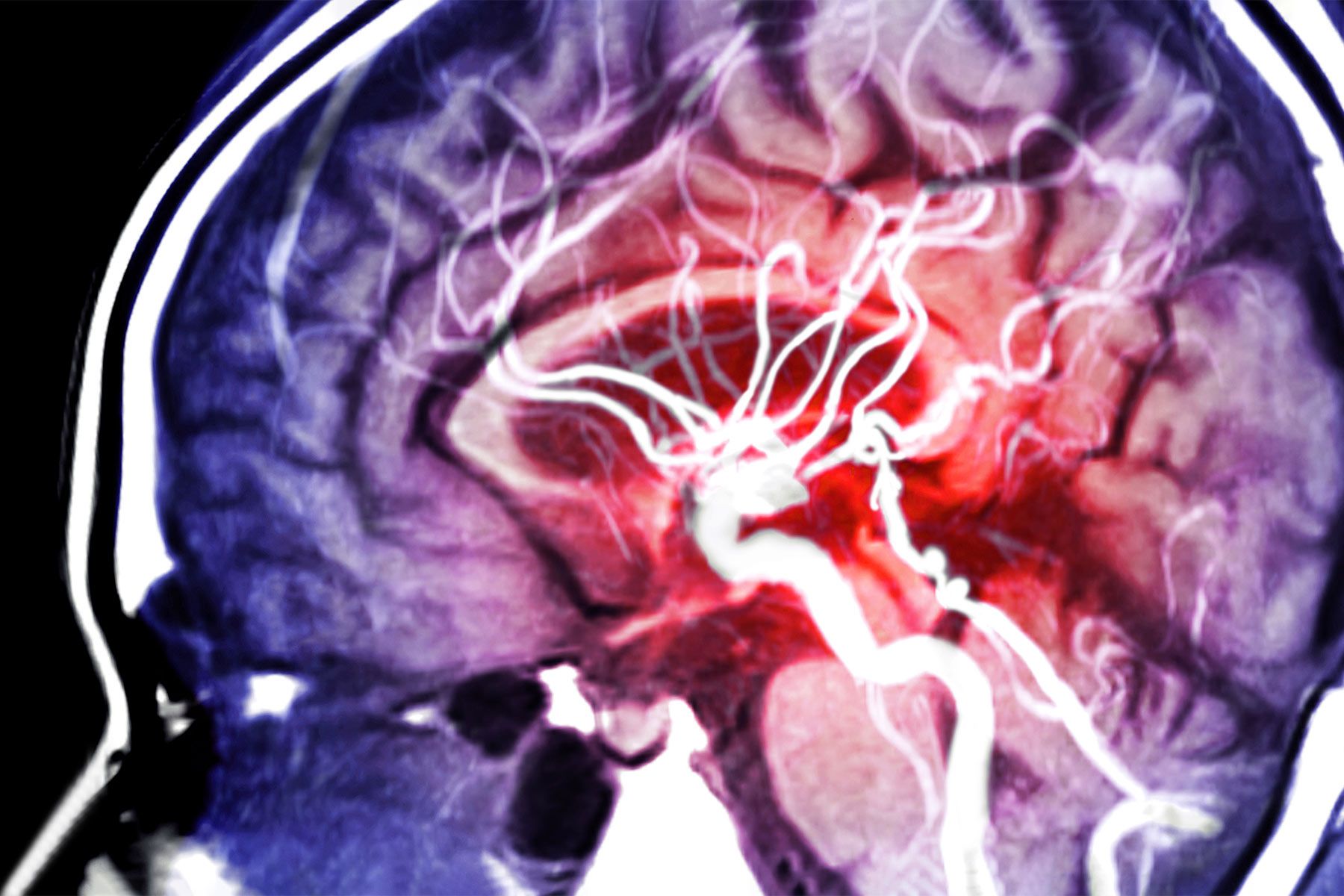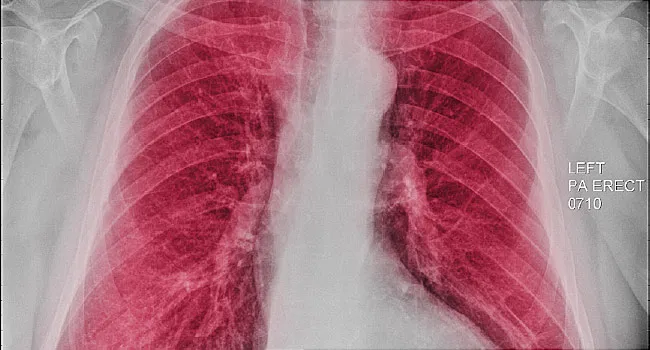
As countries work to slow the spread of the virus that causes COVID-19, a new study shows why the methods they are currently using to screen international travelers may not be catching everyone who’s infected.
from WebMD Health https://ift.tt/2V5Qrnr











